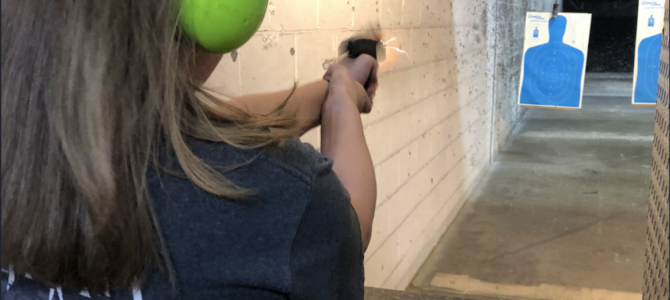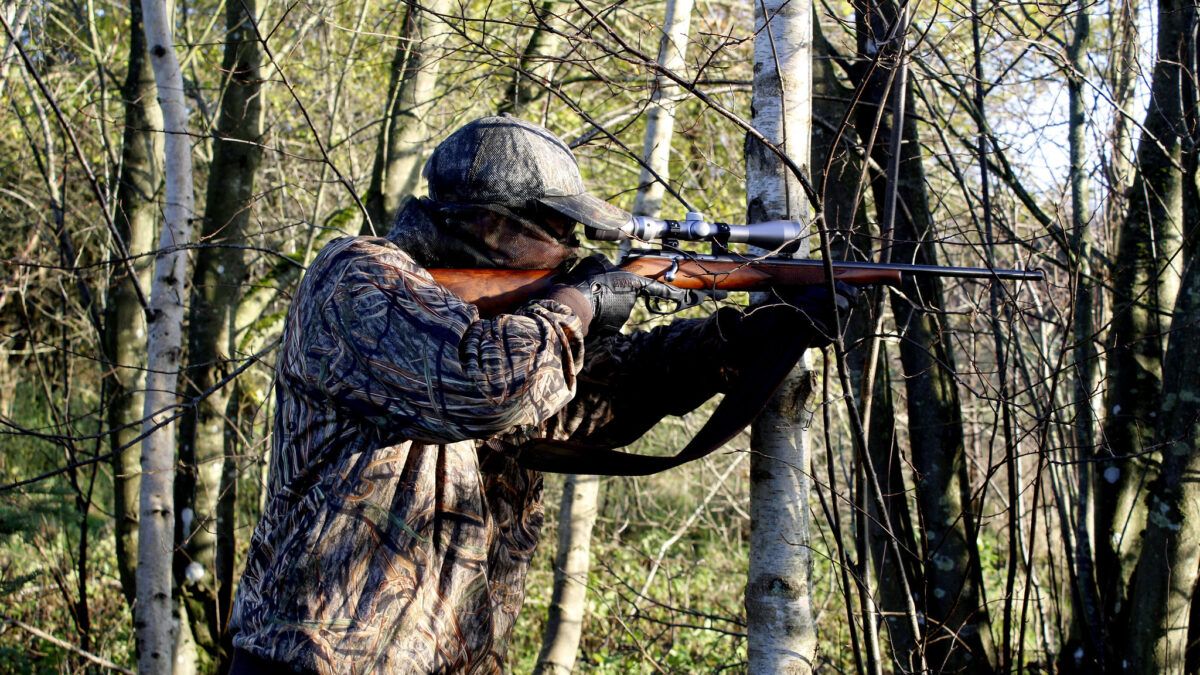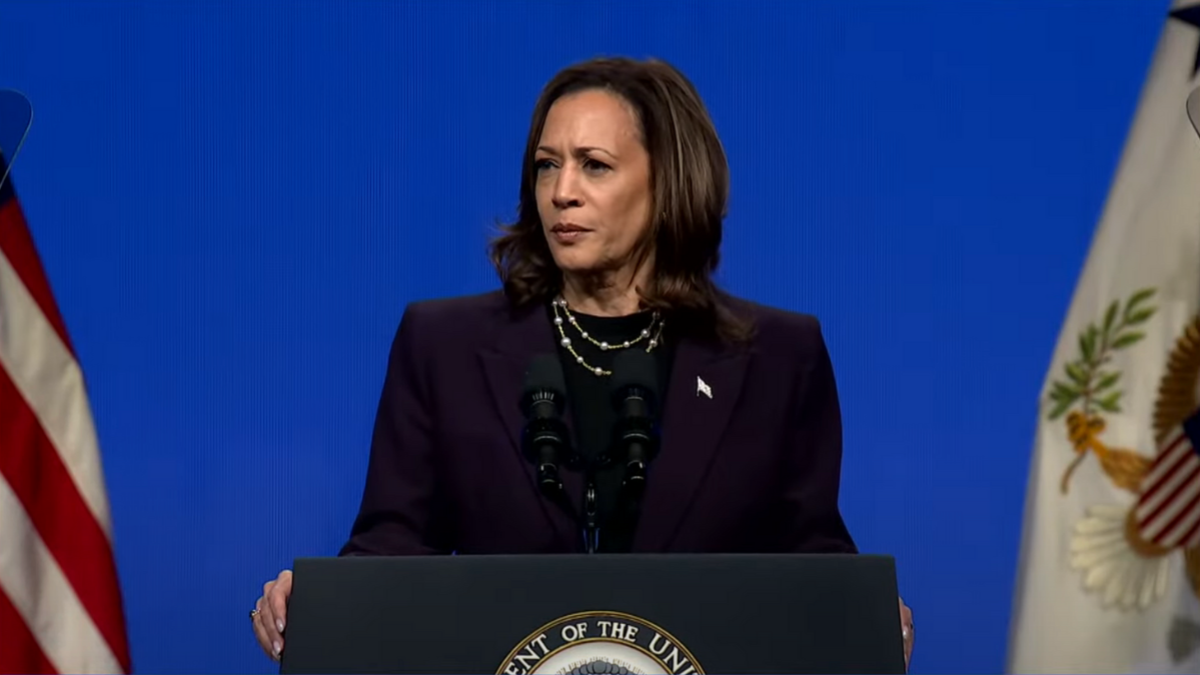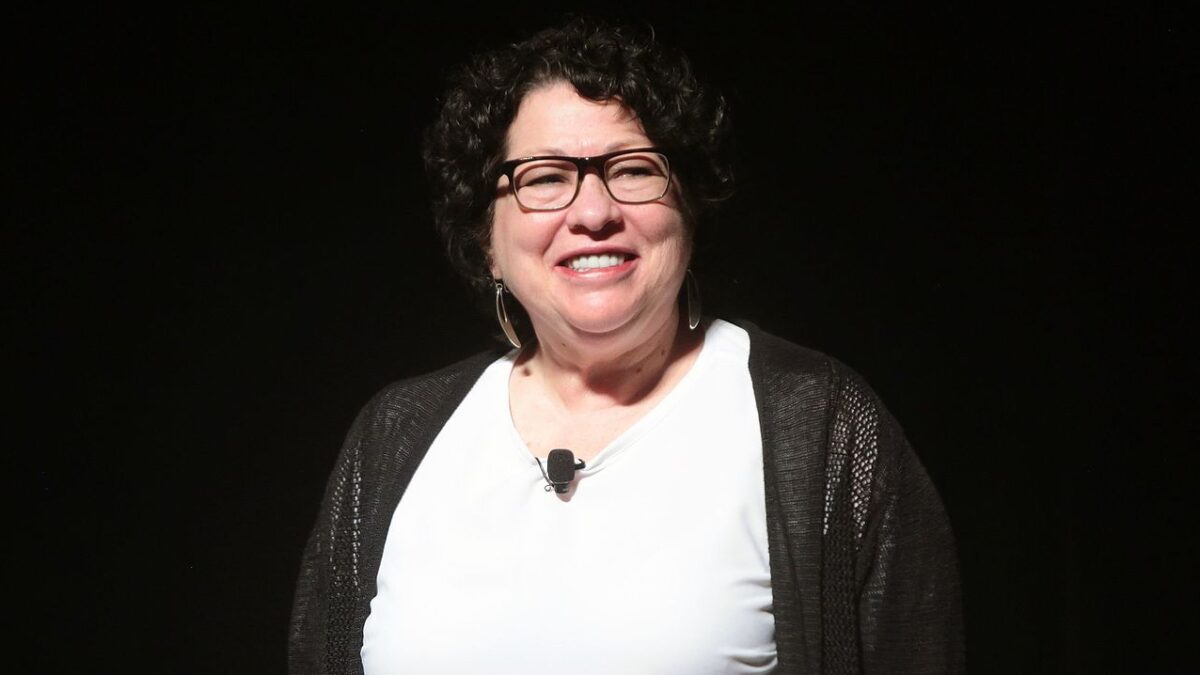
Whether it’s a church, school, or Walmart shooting, the response is the same: The media blames guns, people panic, and a gun control fury ensues, until it all dissolves and repeats weeks or months later.
We saw this last week when a man opened fire at a Texas church, the day after a man killed several Jews with a machete. The Texas shooting was particularly notable because Jack Wilson, a former reserve deputy sheriff and a firearms instructor, shot the perpetrator within seconds of his first shot, boosting the mantra among conservatives: It takes a good guy with a gun to stop a bad guy with a gun.
Tensions were already high, and even some so-called conservatives weren’t in the mood for a debate about guns despite the incredibly teachable moment. But some debates still broke out on social media, specifically about guns in houses of worship, cultural stigma around guns, and whether conservatives are simply becoming gun nuts.
I live in Texas, I’m a mother of four, and I possess a firearm. Here’s my advice, specifically to women, about how to process and react to these shootings.
1. Realize You Don’t Have to Get a Gun
I don’t know about your home state, but Texas is a church-goin’ one. In fact, I heard about the Texas church shooting on my way home from church, and had passed right through the town of White Settlement, where the shooting occurred, to get home.
My first thought was empathy for the people worshiping that day, the fear they must have felt. My second thought was admiration and gratitude for the trained man who took swift action. I know I wouldn’t have been that calm and accurate under pressure. Even though my church has a paid security team, not every place does, which raises the question of whether to get a license and then carry a firearm regularly.
While my thoughts immediately tend toward carrying a firearm, it’s okay if yours don’t, especially if you feel you would be doing so out of pure fear, rather than a desire for preparedness. Carrying a firearm regularly doesn’t make you a gun nut, but carrying a gun and practicing very little with it because you’re terrified could lead to accidents, misfires, and ineffective results. If you’re too busy to practice, or think you’d be unable to remain calm under pressure, you certainly don’t have to get a gun just because of scary headlines.
2. Don’t Be Afraid to Acquire a Gun — It’s Your Right
Rather than approach the gun-carrying question out of fear, educate yourself on the risks and benefits. Of course, it’s true the chances of encountering violence with guns is limited. But in the end, you’re responsible for your own safety.
The chances you’ll get in a car accident are limited too, but you still buckle your seatbelt and drive at a safe speed, and most people travel with first aid kits and jumper cables in case of crisis. Before you even got a license, you took classes, practiced driving, and then implemented necessary safety measures.
My point: The Second Amendment to the Constitution guarantees your right to bear a firearm to protect yourself from the government or in self-defense. Whether you exercise that right is up to you, but if you do, approach that freedom from a place of confidence and education, not fear and ignorance.
3. Get Educated, Take Classes, and Practice Regularly
If you decide a firearm is the route you want to take, it’s important to do so methodically. Every state has different laws about how to possess a handgun legally, so follow the guidelines in your state. In fact, contrary to some of the outlandish rhetoric on social media last week, concealed carry permit holders are some of the most law-abiding citizens around. Resolve to do likewise. Start with the U.S. Concealed Carry site, which offers good pointers.
You can get a decent handgun for anywhere between $250-$500. While you’re gun shopping, I recommend bringing a friend who knows about guns. Take your time, and hold each gun to get a feel for it. Even better, go to a range with a friend, rent different types of handguns, and see how they shoot. My friend and fellow Federalist Senior Contributor Chad Felix Greene did this recently.
Lol. #badass pic.twitter.com/y096uDVebG
— Chad Felix Greene 🇮🇱 (@chadfelixg) January 4, 2020
I’ve done the same and intend to go to the range more this year than I did last year.
#justsayin pic.twitter.com/AuhuJNytst
— Nicole Russell (@russell_nm) January 3, 2020
4. Instill Safety Protocols Within Your Family
If you’re keeping your handgun in your home, especially if you have children, it’s best to keep it in a safe with a code that can be unlocked quickly, such as one like this, which has a biometric lock. Even so, keeping your gun locked away isn’t enough. Without going overboard — guns don’t take on a life of their own — it’s important to talk to your kids about gun safety and instill in them a healthy respect for firearms, just as you would do with moving vehicles or anything else that can be both useful and harmful.
That said, accidental gun deaths involving children are rare. Rather than make gun safety the only time you talk about safety or danger in your home, thus instilling either a fear or worship of guns in your children, talk to your children about other safety issues: locking and answering the door, when and how to call 911, or when to simply call for a parent or neighbor. Include “stranger danger” talks or discussions about abuse when it’s appropriate as well. Have these conversations often until safety protocols become second nature.
My point is that if you only discuss gun safety in your home while ignoring other possible dangers, children may develop an irrational fear of or attachment to firearms while not knowing what to do if someone knocks on the door and an adult isn’t home. Through familiarity and consistency, children gain confidence and maintain respect of firearms — and other things that could endanger them too.
5. Practice Gratitude
Wherever you are in your gun safety journey, be thankful you live in a country that secured the right for you to bear arms hundreds of years ago. Very few countries have it, let alone for women. If I were a feminist, I’d be all over this, yet strangely, few do.
The Second Amendment is often misinterpreted as something only pertinent to colonial era America in the time of Daniel Boone, the Cherokees, and George Washington. If you don’t know much about the Second Amendment, educate yourself so you can understand its true meaning and see why it’s still as important today as it was in 1776 — and perhaps even play devil’s advocate and debunk some myths.
@piersmorgan right next to the word "muskets"
— Carol Roth (@caroljsroth) December 3, 2012
If you decide not to purchase a firearm for yourself and your family, be aware of your surroundings, and if your local church doesn’t have a security team like the one in Texas did, perhaps petition your church’s leadership to consider it. Be grateful there are everyday American men and women who are well trained and versed in firearm use. Were it not for Jack Wilson’s training and willingness to protect, the latest shooting would have been an even larger tragedy, rather than a teachable scenario for gun advocates.









